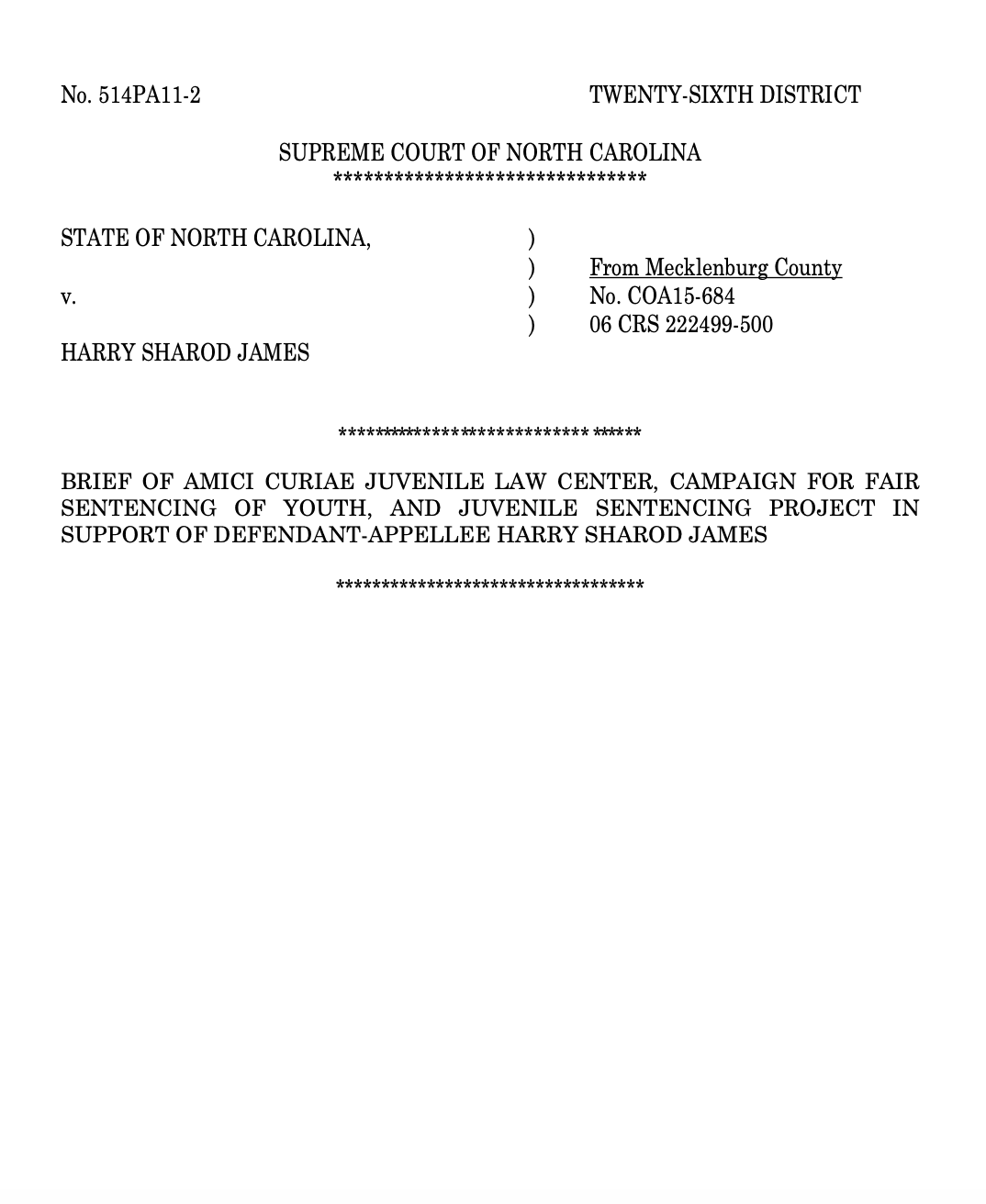
Summary of Argument
Miller requires an individualized consideration of age and its hallmark features to ensure that discretionary life without parole sentences are imposed only in the rarest circumstances. Miller and Montgomery establish a presumption against sentencing juveniles to life without parole. A pro forma checklist assessment of the characteristics of youth is insufficient. Miller requires consideration of whether the defendant’s family and home environment diminished his culpability. Miller requires consideration of whether peer pressure and/or duress were mitigating factors and whether the defendant demonstrated sophisticated criminal behavior. Miller requires a determination that a juvenile has no potential for rehabilitation before imposing a life without parole sentence.
State supreme courts have interpreted Miller to require consideration of youth as mitigating. Children are categorically less deserving of the harshest punishments. Juvenile life without parole sentences are developmentally inappropriate and constitutionally disproportionate. State legislative reforms reflect emerging national consensus that juvenile life without parole is constitutionally impermissible.